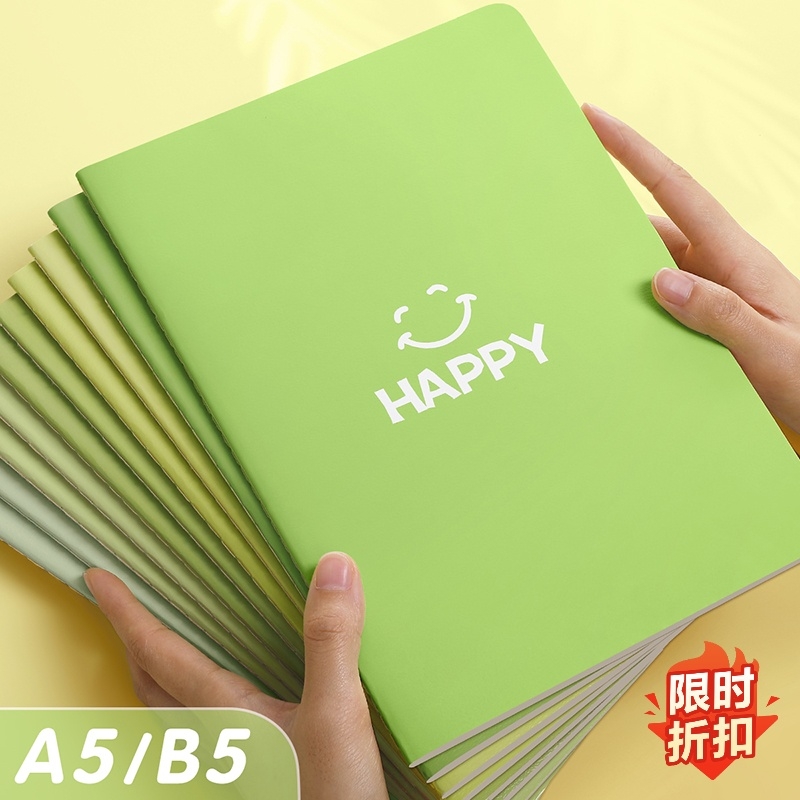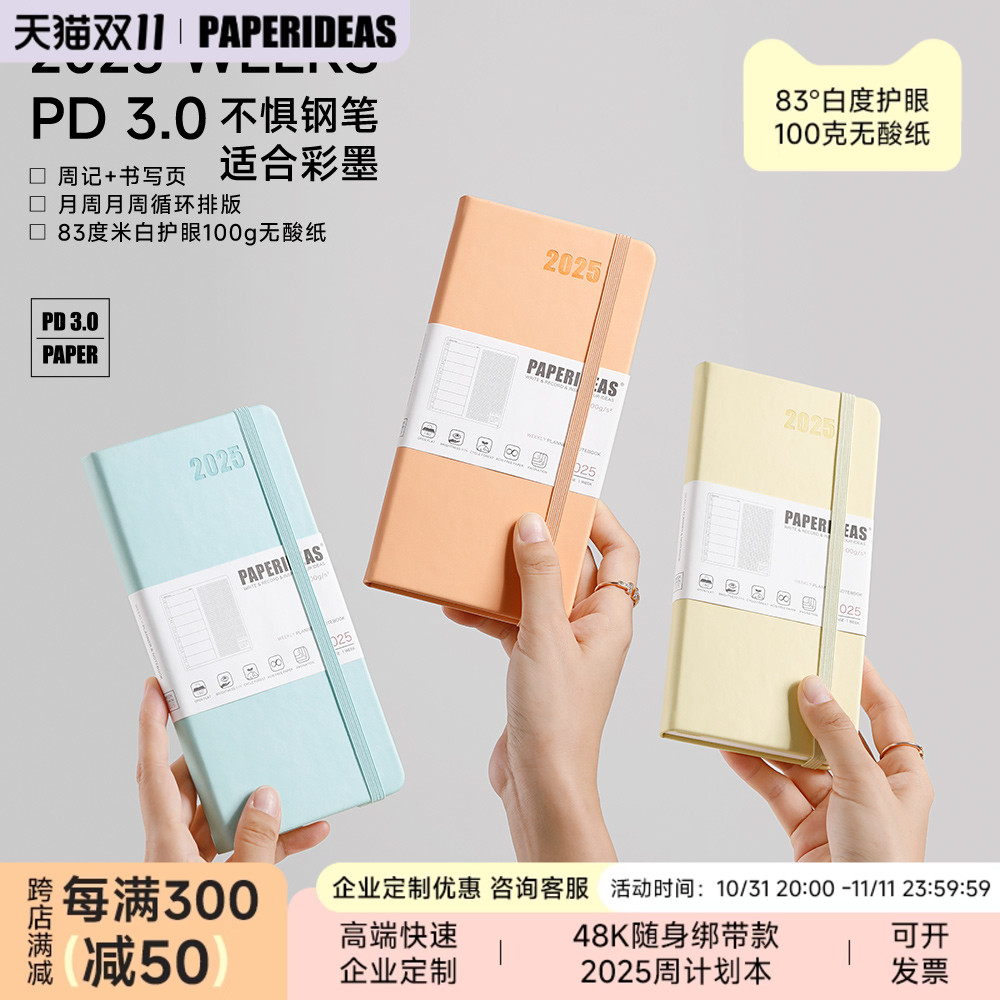你的记忆,我来守护——记事本使用指南
蜀犬吠日
2024-11-02 05:24:44
0次
你的记忆,我来守护——记事本使用指南
一、记事本的重要性
随着生活的快节奏和繁忙程度不断升级,人们需要有一个工具来帮助他们记住各种重要事务。记事本成为了这一角色的理想选择,它可以让你随时记录任何重要信息或待办事项,帮助你更好地管理时间,避免遗忘重要事情。
二、记事本使用指南
1. 分类记录
为了更有效地管理记事本,你应该学会分类记录。将不同类型的事务分开记录,如工作、家庭、朋友聚会、购物清单等。这样,当你需要查找某类信息时,可以迅速找到相应的部分。
2. 明确事项
在记事本中记录事项时,要确保明确具体。例如,你可以写下“明天下午三点开会”,而不是只写“明天开会”。明确的时间和地点有助于你更好地准备和安排。
3. 设置提醒
记事本通常带有提醒功能,这是非常重要的。为重要事项设置提醒,确保你不会错过任何重要时刻。你可以设置每日、每周或特定日期的提醒。
4. 定期回顾
定期回顾你的记事本,以确保你没有错过任何重要事项。每周六下午留出一个小时回顾本周的记事本,为下周做好计划。 5. 备份与同步 为了防止记事本丢失或损坏,你应该定期备份数据。此外,许多记事本应用支持云同步功能,让你在不同设备上随时查看和编辑记事本。 三、记事本的英文使用指南 1. Notebook Importance With the increasing pace and busyness of life, people need a tool to help them remember various important matters. The notebook is an ideal choice for this role, as it allows you to record any important information or to-do items, helping you better manage your time and avoid forgetting important things. 2. Notebook Usage Guide a. Classification and Recordkeeping To more effectively manage your notebook, you should learn to classify and record information. Separate different types of transactions and record them, such as work, family, friend gatherings, shopping lists, etc. This way, when you need to find a certain type of information, you can quickly locate the corresponding section. b. Clear Matters When recording items in your notebook, make sure they are clear and specific. For example, you can write "Meeting at 3 pm tomorrow" instead of just "Meeting tomorrow". Clear time and location help you better prepare and arrange. c. Setting Reminders Notebooks usually have reminder functions, which are very important. Set reminders for important matters to ensure that you do not miss any important moments. You can set reminders for daily, weekly, or specific dates. d. Regular Review Regularly review your notebook to ensure that you have not missed any important matters. Set aside an hour every Saturday afternoon to review your notebook for the week and make plans for the next week. e. Backup and Synchronization To prevent the loss or damage of your notebook, you should regularly back up your data. Additionally, many notebook applications support cloud synchronization functions, allowing you to view and edit your notebook on different devices at any time.
上一篇:创意无限:记事本的多种用途
下一篇:记事本:个人管理的艺术
相关内容
热门资讯
纸质与电子记事本:哪一种更适合...
纸质与电子记事本各有优势,传统手写适合追求触感与手写体验的人,电子记事本则便捷保存与整理,并具备多种...
传统与现代的结合:记事本使用指...
摘要:本文介绍传统与现代记事本使用方式,包括购买、记录、整理等技巧,强调定期清理、合理规划及保护隐私...
你的私人管家:记事本应用评测
记事本应用评测:多款应用各有特色,包括XX记事本、XX日历记事和XX语音记事本等。选择应基于个人需求...
智能记事本:科技助力,高效管理...
智能记事本融合先进科技,助用户高效管理时间和事务。其功能包括语音转录、日程管理、分类标签、提醒及跨平...
传统与现代:记事本的发展历程
记事本从传统纸质到现代电子、智能记事本,经历了不断变革。传统记事本便捷易携带,现代电子记事本可编辑、...
每日记事本:我的日常管理秘籍
每日记事本是我日常管理秘籍,助我规划任务、分类管理、反思调整并与他人沟通。它帮助我高效完成工作,节省...
回顾历史,探究记事本的文化变迁
记事本作为记录工具,历经文化变迁。从手写到电子化,记事本不仅实用,还承载文化与情感。现代记事本集记录...
记事本:从传统到现代的演变
记事本经历从纸质到数字化演变,现代记事本智能化、多样化,支持共享协作和环保理念。未来记事本将不断创新...
从纸质到电子:记事本的前世今生
记事本从纸质到电子,见证了人类文明与科技的进步。纸质记事本便携易用,电子记事本更便捷、智能。未来,电...
生活中的小确幸:记事本的多种用...
记事本不仅用于记录,还具有多种用途,如绘图、手工制作、书写心情日记和作为礼物赠送等。这些用途让记事本...



